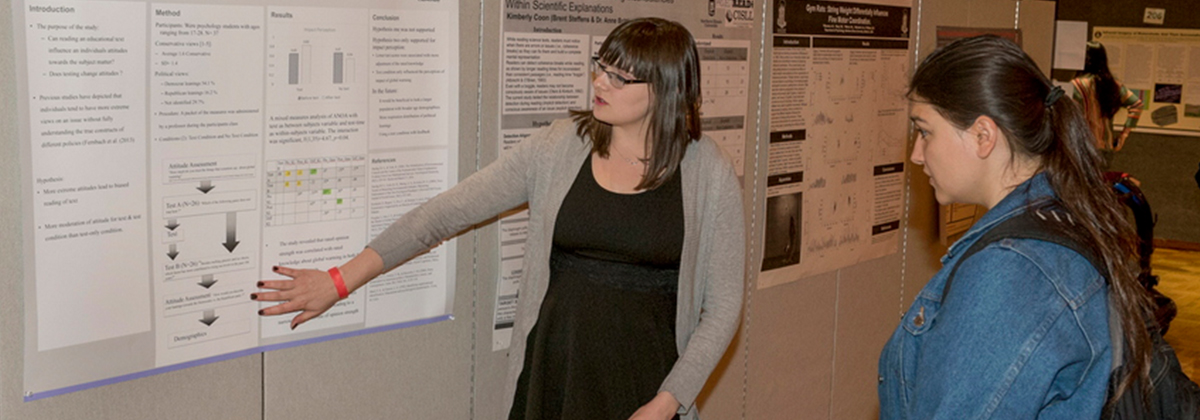Research

Current Projects
The FIRST (Families in Rapid and Stressful Transition) Study was initiated to examine the effects of the COVID-19 pandemic on parents, children and families in the United States. Through collecting data online, mothers with school-aged children from across the country completed questionnaires about stressors associated with the pandemic (e.g., job loss, online learning for children), financial stressors prior to the pandemic (e.g., food insecurity, income), their own psychological functioning, their family functioning (e.g., parenting, coparenting) and children's psychological functioning. Seven waves of data were collected from March until July. Data collection is ongoing with follow-ups planned for fall, 2020.
The purpose of the St. Thomas Strong Study is to examine risk and protective factors in children from the island of St. Thomas after experiencing Hurricanes Irma and Maria. Specifically, the study investigates how a number of factors (hurricane exposure and loss, coping, mindfulness, social support and parenting) are associated with children’s psychological outcomes (i.e., post-traumatic stress, internalizing, externalizing and inattention symptoms). Data was collected at three-time points (i.e., 3-months, 9-months and 13-months post-hurricane) and analysis and dissemination of findings are ongoing.
The purpose of the Adolescent Coparenting Study is to examine whether coparenting (i.e., the interpersonal dynamics between parents related to their parenting) is linked to their children’s psychological and academic functioning during adolescence. Much of the work examining coparenting has focused on families with infants or young children, so this project extends this research to an older population. Using a short-term longitudinal design and Mechanical Turk (MTurk), we are recruiting mothers and fathers whose oldest child is entering sixth grade and collecting data at three-time points over the course of 4 months. Data collection is completed and analysis and dissemination are ongoing.
The purpose of the ethnic socialization project is to explore the role parents, particularly in ethnic minority families, take in socializing their adolescent children to experience issues related to their race or ethnicity (e.g., discrimination). Specifically, we are interested in examining the association between perceived discrimination and psychological outcomes and the role ethnic socialization plays in this relationship.
We are also interested in a number of other factors that may influence this relationship: ethnic identity, attributional and coping styles, parent-child relationships, including parental warmth, acceptance and parent-adolescent open communication and same-ethnicity peer relationships. Data collection gathering retrospective reports from college students is complete and analysis and dissemination are ongoing. Future studies will use the knowledge gained from this study to examine similar questions with adolescent samples.
The purpose of this study is to examine how parents and grandparents may influence various aspects of college students' lives. Specifically, we are interested in learning more about young adults' experiences of living with a grandparent and how these experiences have influenced college students' transition from adolescence to young adulthood. There are two parts of this study. First, we have questionnaires asking about college students’ relationships and experiences with all grandparents. Second, for those who have ever lived with a grandparent (even for just a few months) we ask that they participate in a qualitative interview along with the questionnaire, as we are interested in learning more about this experience. Data collection is complete and analysis is ongoing.
Past Research
Prior to coming to NIU, Professor Pittman was a research associate on the Welfare, Children and Families: A Three-City Study working primarily working with P. Lindsay Chase-Lansdale, Ph.D. The purpose of the study was to examine the impact of the welfare reforms that took place in the late 1990s on children’s psychological and academic functioning, sampling low-income families in Boston, Chicago and San Antonio.
While the policy focus is less relevant today, Professor Pittman continues to utilize the data from the three waves of data collection to consider risk and resilience among low-income children and adolescents. Several of her papers looking at the influence of living with grandmothers (both as custodial grandmothers and in multigenerational households) have utilized this data set. Students are welcome to do secondary data analyses with this data with Professor Pittman’s support.
In my first years at NIU, I was interested in exploring how parent-child relationships, friendships with students from home and college, as well as a sense of school belonging at college may influence the functioning of first-year college students. The study relied on self-report and followed students across their first years at college.
This study utilized self-report data from Welfare, Children and Families: A Three-City Study (see above) and videotaped interactions between mothers and their children to explore how two specific aspects of parenting, warmth and cognitive stimulation, may foster different aspects of school-readiness over time among a sample of low-income preschoolers. School readiness was assessed considering early academic achievement; socioemotional functioning and self-regulation.
The Chance to Succeed Study (CTSS) examined disadvantaged students as they entered college. While the longitudinal portion of this study was underfunded and led to a poor response rate, cross-sectional analyses may still be helpful in examining what factors may lead to students pursuing higher education and doing well at college.
Data were collected on family, peer and school factors that may help students adjust to college (e.g., academic outcomes, feelings of self-worth and competence, psychological symptoms). In addition, because the majority of these students are from ethnic backgrounds, data was also collected on their ethnic identity and socialization as well as their sense of family obligation.
As a precursor to the current grandparent study, exploratory data was collected to consider a wider sample of families (i..e, not just low-income families) to consider how and when the grandparent relationship may be influential to adolescent functioning. This study has focused on college students, while future studies will start to consider younger ages.
Thus, this study is designed to explore how the relationship between young adults and their grandparents, both currently and while they were growing up, may influence their current psychological and academic functioning.
Contact Us
Laura Pittman, Ph.D.
Psychology/Computer Science Building
Room 315
815-753-2485
lpittman@niu.edu
Graduate Students
Psychology/Computer Science Building
Rooms 132 and 134
pittmanlabniu@gmail.com